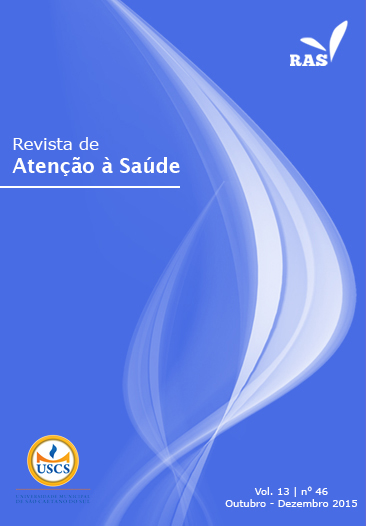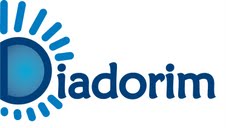SODIUM IN BREAD PRODUCED BY SUPERMARKETS IN GOIÂNIA (GO), BRAZIL
DOI:
https://doi.org/10.13037/ras.vol13n46.2039Keywords:
Nutritional transition, sodium, bread, food quality.Abstract
Objective: Analyze the sodium content in bread rolls from the bakeries of a large-scale supermarkets chainin Goiânia (GO), Brazil. Materials and Methods: This is a descriptive observational study carried out atthree in-store bakeries of a 12-store supermarket chain. The sodium level was quantified by monitoring allstages of the bread roll production process and through direct weighing of ingredients. The Brazilian FoodComposition Table was used for calculations. The salt and sodium levels obtained were compared withWorld Health Organization (WHO) recommendations, with the National Sanitary Surveillance Agency’s(ANVISA) goals for the reduction of sodium levels in bread rolls produced in Brazil, with UK Food StandardsAgency’s classification of food sodium levels and with a proposed sodium level classification based onBrazilian legislation. Variance analysis was used to compare data between different bakeries. Results: Thesodium levels found in bread rolls are above those proposed by the National Sanitary Surveillance Agencyand those found in the main tables used for quantifying food nutrients in the field of nutrition. The rollswere classified as having high sodium levels (>600 mg/100 g). Conclusion: These supermarkets needto review their standardized recipe to reduce bread sodium levels and offer a more healthful and higherquality product to the population.Downloads
Downloads
Published
2015-10-06
Issue
Section
ARTIGOS ORIGINAIS
License
Policy Proposal for Journals offering Free Delayed Access
Authors who publish in this magazine agree to the following terms:
- Authors maintain the copyright and grant the journal the right to the first publication, with the work simultaneously licensed under a Creative Commons Attribution License after publication, allowing the sharing of the work with recognition of the authorship of the work and initial publication in this journal.
- Authors are authorized to assume additional contracts separately, for non-exclusive distribution of the version of the work published in this magazine (eg, publishing in institutional repository or as a book chapter), with the acknowledgment of the authorship and initial publication in this journal.
- Authors are allowed and encouraged to publish and distribute their work online (eg in institutional repositories or on their personal page) at any point before or during the editorial process, as this can generate productive changes, as well as increase impact and citation of the published work (See The Effect of Open Access).









